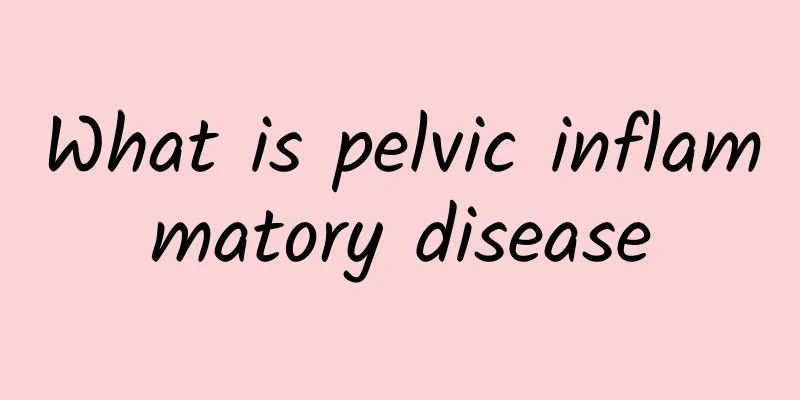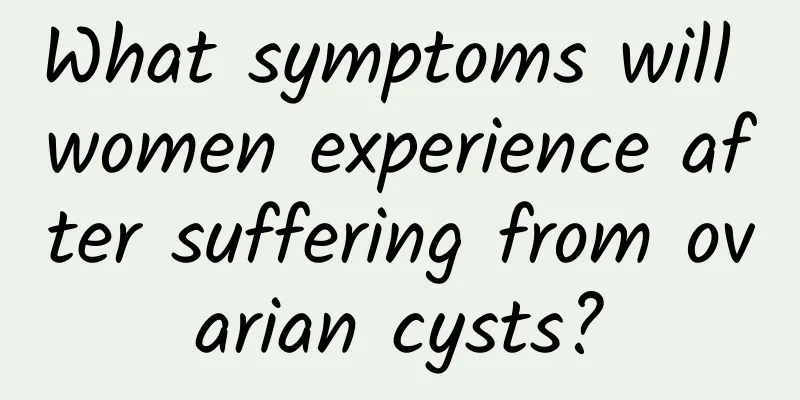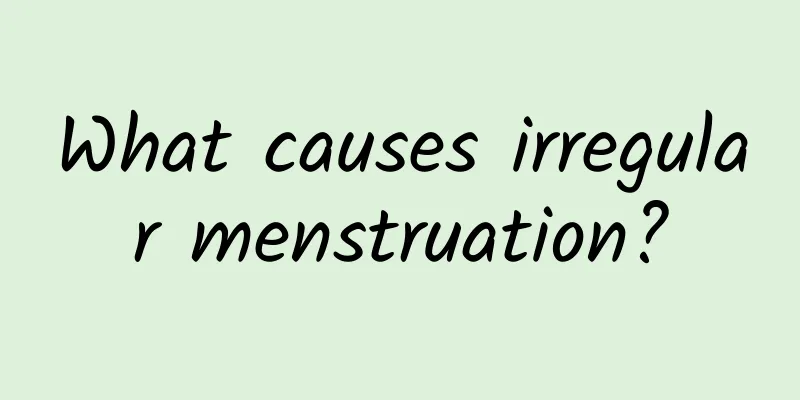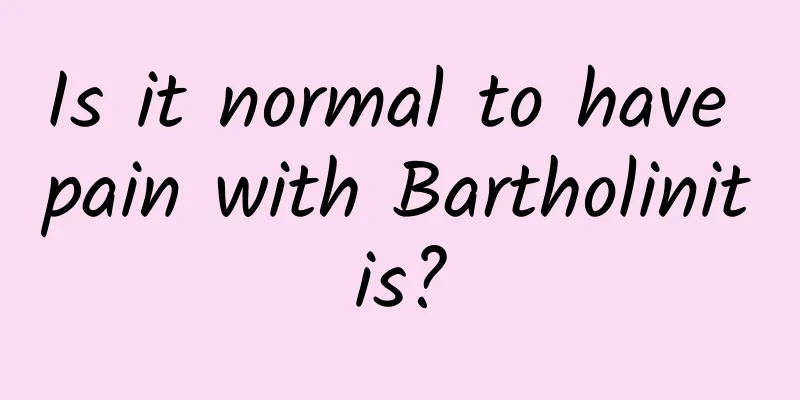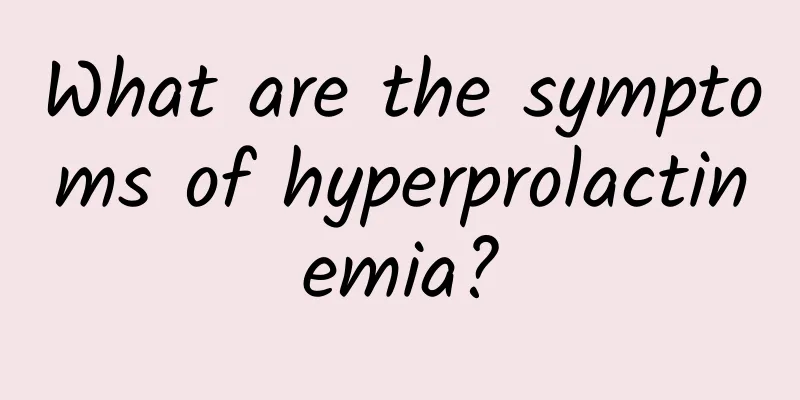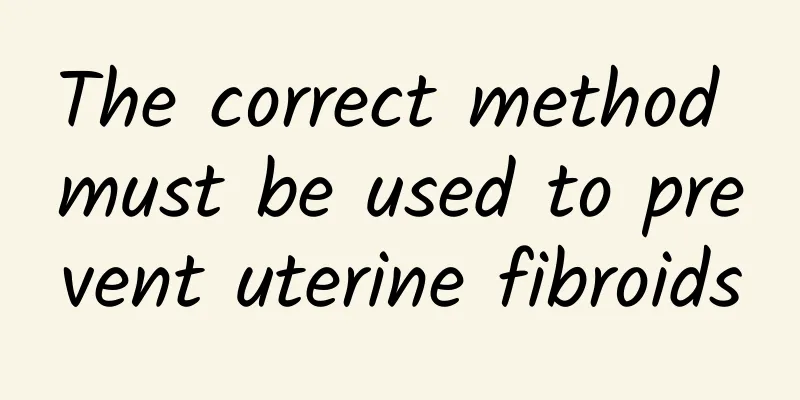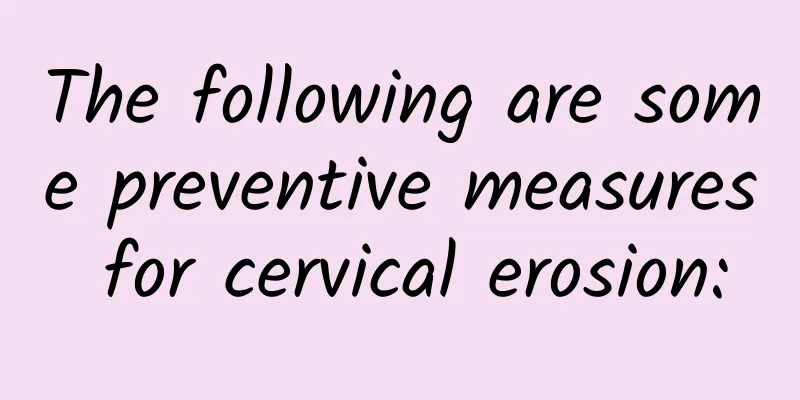Will a fast heartbeat shorten your life? Stay away from the 6 major NG behaviors
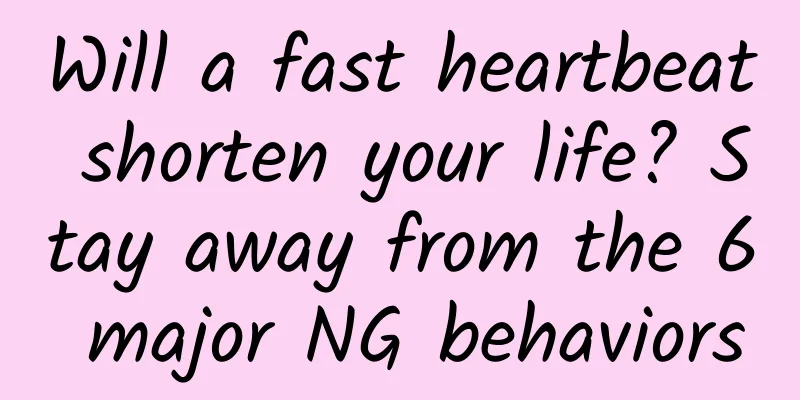
|
I heard that having a fast heartbeat can shorten your life. Is that true? Doctors point out that not all cases of rapid heartbeat will cause damage to the heart. Rapid heartbeat caused by normal circumstances can often return to normal after rest. However, if it is accompanied by palpitations and dizziness, and does not improve after rest, you must go to the hospital for examination as soon as possible to reduce the risk of death. In his new book "The Starting Point of a Healthy Heart," Lin Weiwen, attending physician in the Department of Cardiology at Taiwan Adventist Hospital, pointed out that, generally speaking, the normal resting heart rate should be between 60 and 100 beats per minute. If it exceeds 100 beats per minute, it is considered a tachycardia. There are three reasons for a rapid heartbeat. People can examine their own conditions. If it is a fatal condition, please cooperate with the doctor for treatment. [Reasons for a rapid heartbeat] 1.Normal fast heartbeat A rapid heartbeat caused by exercise, emotions (tension, excitement, anger, stress, etc.), or weather that is too cold or too hot is a normal reaction. Some people may also have this problem because they take some chronic disease medications or eat foods containing caffeine (coffee, tea, chocolate), but these conditions will not cause too much damage to the heart or pose a fatal danger to the body. 2. Non-heart disease causes fast heartbeat A rapid heartbeat caused by non-heart disease is usually due to a viral or bacterial infection, such as a cold, fever, etc., or due to certain diseases (pneumonia, asthma, hyperthyroidism, etc.). Especially patients with hyperthyroidism are prone to palpitations. Once the heart rate is tachycardia for a long time, it is easy to increase the heart load and lead to heart failure. Severe cases may be fatal. Therefore, it is recommended that people with hyperthyroidism should seek treatment as soon as possible once they find that they have the disease, and cooperate with the doctor's advice and never take it lightly. 3. Heart disease causes a fast heartbeat Arrhythmia is the heart disease that most often causes palpitations, and different types of arrhythmia vary in degree. Mild arrhythmia (premature atrial or ventricular contractions) can be improved with timely use of medication; but if the arrhythmia is atrial fibrillation, there is a risk of stroke; the most serious arrhythmia is caused by ventricular tachycardia or ventricular fibrillation, which is a potentially fatal type and patients must take it with caution. In addition, certain heart diseases (myocarditis, pericarditis, hypertensive heart disease, mitral valve insufficiency, etc.) can cause a rapid heartbeat. When the ductus arteriosus is incompletely closed, causing an increase in the amount of ventricular septal defect backflow, it will increase the load on the heart, leading to ventricular hypertrophy and causing tachycardia. Patients must return for regular follow-up and actively receive interventional treatment to reduce the risk of heart disease. 6 NG behaviors that increase the burden on the heart 1. Staying up late and overwork: Staying up late often can easily keep the sympathetic nervous system in an excited state for a long time, causing excessive burden on the heart and increased heart rate. In particular, you should avoid staying up late to work overtime or attending late-night meetings. Staying up late and mental stress will accelerate the harm to your body. In severe cases, it may even cause arrhythmia or sudden death. 2. Losing temper: When you are angry, your body will release a large amount of adrenaline and norepinephrine, which will cause rapid heartbeat, high blood pressure, coronary artery spasm and other conditions. Some people's temper comes and goes quickly, and their heartbeat can return to normal in a short time. But if you don’t have this ability to adjust, you must always remind yourself to maintain a good mood and not be too easily affected by external things. 3. Eating too fast: When people eat, the working state of the heart will increase by about 8% to 10%. Therefore, special attention must be paid to the speed and amount of eating when eating to keep the heart rate and myocardial oxygen consumption within a safe range to avoid discomfort. 4. Smoking and excessive drinking: Smoking and drinking will cause the heart rate to suddenly increase within a period of time. Moreover, most chronic heart diseases are related to smoking and drinking. It is recommended to quit these two habits. 5. Obesity: When you gain weight due to lack of exercise, it can also cause problems with increased heart rate. When the heart muscle lacks exercise, it must exert greater force to pump blood throughout the body. An obese body will also require more blood, which will ultimately lead to a faster heartbeat. 6. Stimulating events: The cold winter, the alarm in the morning, the stimulation of strong tea, the emotional stimulation during carnivals, etc. will increase the heart rate and put a burden on the heart. For people with healthy heart rhythm, the impact of these stimuli in the short term is not obvious, but for people with existing diseases (high blood pressure, heart disease), each stimulation poses a challenge to the heart. |
>>: Did you eat well today? Nutritionist: Remember these 5 tips to avoid eating the wrong oils
Recommend
Want to lose weight but love sweet food? Coffee, milk tea and cake, which one should you give up first? The key is…
I was having a small gathering with a few friends...
Diet therapy for itching caused by vulvar leukoplakia
Vulvar itching is one of the main symptoms of vul...
Common symptoms of uterine fibroids that you need to know
There are always some signs in the early stages o...
What can you eat to help you get rid of the problem?
If you want to expel blood more cleanly after med...
Three principles of slimming and light eating: vegetable soup helps lose weight
With the arrival of spring, it’s time to get rid ...
What are the causes of congenital absence of vagina?
What is the cause of congenital absence of vagina...
What medicine should I take for uterine fibroids and adenomyosis? How to treat uterine fibroids and adenomyosis?
What medicine should I take for uterine fibroids ...
What medicine can make uterine fibroids disappear?
What medicine can make uterine fibroids disappear...
What is the best dinner for uterine fibroids? What should I pay attention to when eating for uterine fibroids?
What is the best dinner for uterine fibroids? Wha...
What is the cause of genital itching?
Vaginal itching can be seen in many diseases, suc...
What are the main hazards of ovulation bleeding?
What are the main hazards of ovulation bleeding? ...
Medical treatment of bacterial vaginosis
Bacterial vaginosis is a relatively common gyneco...
What are the early symptoms of ectopic pregnancy?
What are the early symptoms of ectopic pregnancy?...
Song Hye Kyo eats tofu to lose weight, can she lose 3 kilograms in a month? Famous weight loss doctor: Eat it with egg yolk and vitamin D to make it better
When it comes to Korea's "national godde...
Is it normal to have less menstrual flow after abortion?
A small amount of menstrual flow after abortion m...
